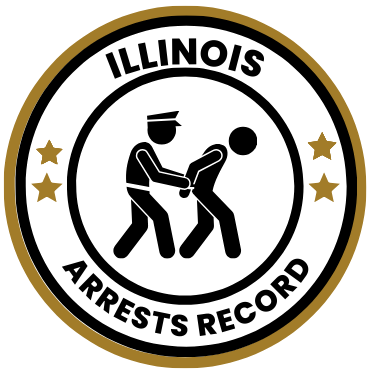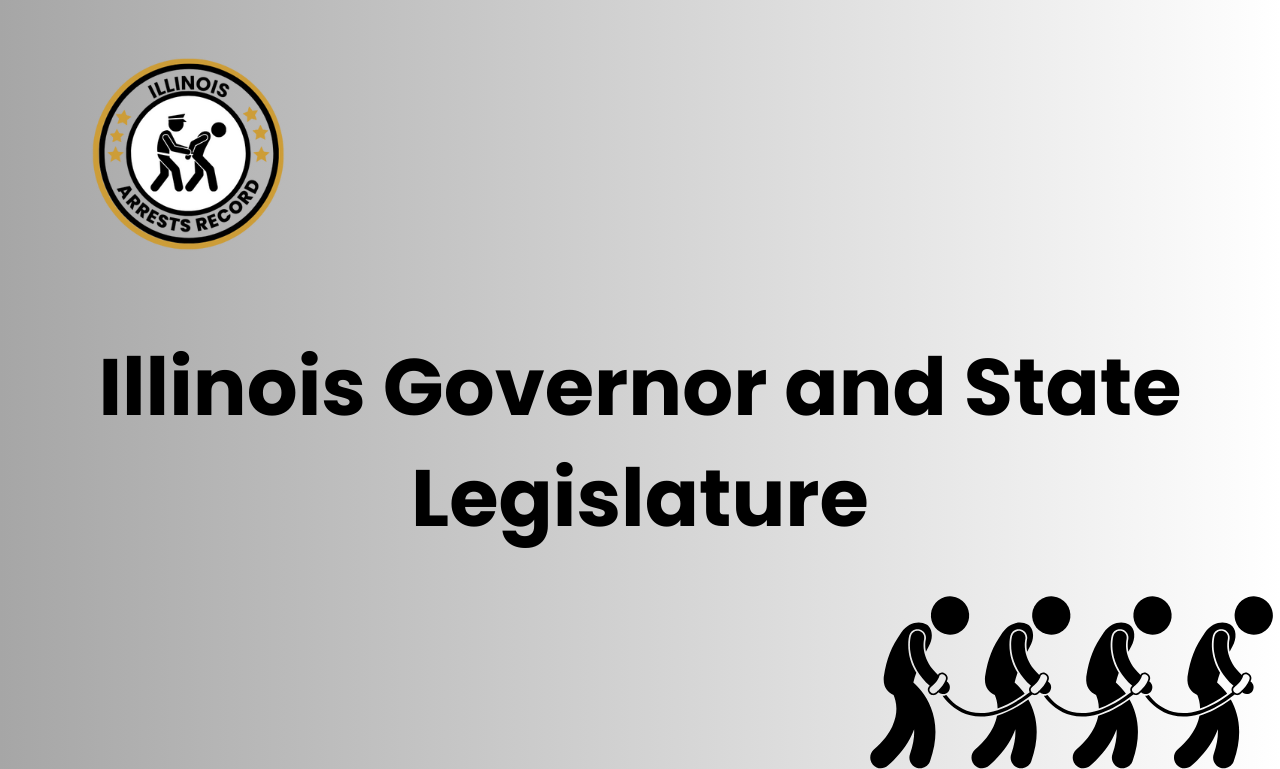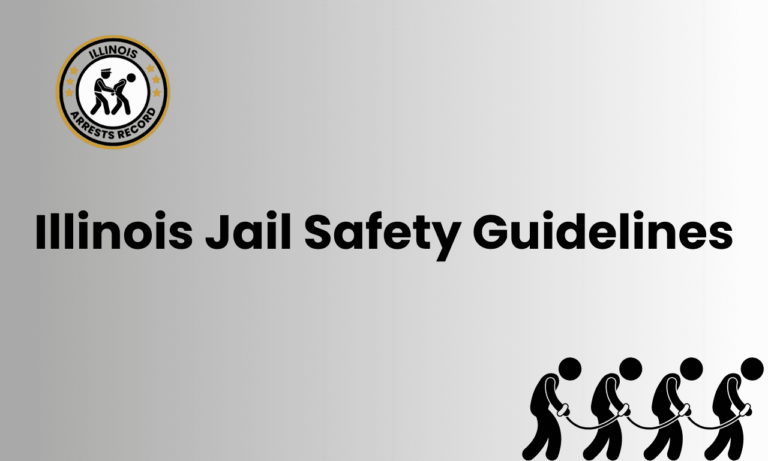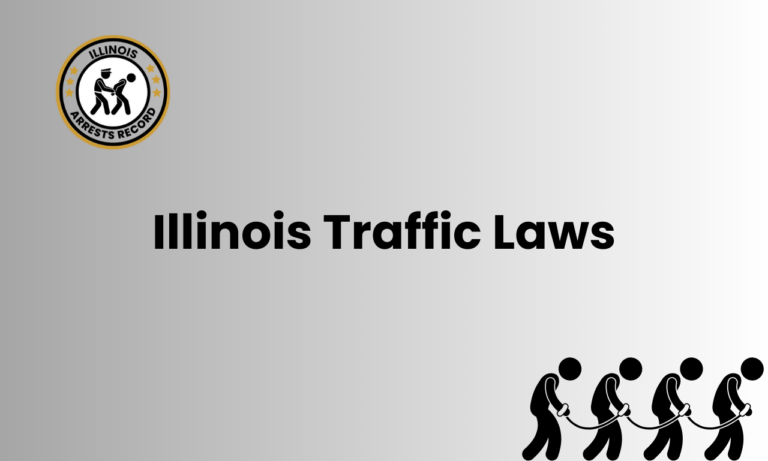Illinois Governor and State Legislature
Illinois Governor and State Legislature play a crucial role in shaping the policies and laws that govern the state of Illinois. As the highest elected official in the state, the Governor holds significant power and responsibility. Serving as the chief executive, the Governor is responsible for implementing and enforcing laws, managing state agencies, and representing the interests of the people of Illinois.
The State Legislature, on the other hand, is comprised of two chambers: the Illinois House of Representatives and the Illinois Senate. Together, they form the legislative branch of the state government. The State Legislature is responsible for making laws, approving the state budget, and providing oversight of the executive branch. Through their deliberations and decisions, the State Legislature plays a vital role in shaping the future of Illinois.
Illinois Governor: Implementing Laws and Representing the People
As the highest elected official in the state of Illinois, the Governor plays a crucial role in shaping the policies and laws that govern the state. With significant power and responsibility, the Governor serves as the chief executive, responsible for implementing and enforcing laws.
By representing the interests of the people of Illinois, the Governor ensures that their voices are heard in the decision-making process. Through their leadership, they strive to create a state that serves its citizens and meets their needs.
The State Legislature: Making Laws and Approving the Budget
The Illinois State Legislature, consisting of the House of Representatives and the Senate, forms the legislative branch of the state government. Together, they are responsible for making laws that shape the future of Illinois.
Through their deliberations and decisions, the State Legislature addresses a wide range of issues, from education and healthcare to transportation and the environment. They work towards creating a better future for all residents of Illinois.
In addition to making laws, the State Legislature also plays a crucial role in approving the state budget. By carefully allocating resources, they ensure that essential services are funded and that the state operates efficiently and effectively.
Providing Oversight: The State Legislature’s Role
Another important responsibility of the State Legislature is providing oversight of the executive branch. Through their scrutiny and accountability, they ensure that the Governor and state agencies are acting in the best interests of the people of Illinois.
By conducting hearings, investigations, and reviews, the State Legislature holds the executive branch accountable for its actions. This oversight function helps maintain transparency and integrity in the state government.
The Power of Collaboration: Governor and State Legislature Working Together
While the Governor and the State Legislature have distinct roles and responsibilities, they also have the opportunity to work together to achieve common goals. Collaboration between these two branches of government is essential for effective governance in Illinois.
By finding common ground and working towards shared objectives, the Governor and the State Legislature can enact meaningful change and make a positive impact on the lives of Illinois residents. Through their combined efforts, they can address the pressing issues facing the state and create a brighter future for all.
Engaging the People: Participation in the Legislative Process
The people of Illinois play a vital role in shaping the future of their state. The Governor and the State Legislature value public input and encourage active participation in the legislative process.
By staying informed, attending public hearings, and voicing their concerns, the people of Illinois can directly influence the decisions made by their elected officials. This engagement ensures that the government remains accountable and responsive to the needs of its citizens.
Together, the Governor, the State Legislature, and the people of Illinois can work towards a better future, where policies and laws reflect the values and aspirations of the state’s diverse population.
FAQ’s
What is the role of the Illinois Governor?
The Illinois Governor serves as the highest elected official in the state and holds significant power and responsibility. As the chief executive, the Governor is responsible for implementing and enforcing laws, managing state agencies, and representing the interests of the people of Illinois. They play a crucial role in shaping the policies and laws that govern the state.
How are laws made in Illinois?
Laws in Illinois are made through the legislative process. A bill is introduced in either the Illinois House of Representatives or the Illinois Senate, where it undergoes committee review, debate, and voting. If approved by both chambers, the bill is sent to the Governor for their signature. If the Governor signs the bill, it becomes law. If the Governor vetoes the bill, the Legislature can override the veto with a three-fifths majority vote.
How often does the State Legislature meet?
The State Legislature of Illinois meets regularly for sessions. The legislative session typically begins in January and lasts until May, with additional special sessions called by the Governor if needed. During these sessions, lawmakers debate and pass bills, approve the state budget, and conduct other legislative business.
What is the term length for the Illinois Governor?
The term length for the Illinois Governor is four years. The Governor can serve a maximum of two consecutive terms. After serving two terms, they must wait at least one term before running for Governor again.
How can I contact my state legislators?
To contact your state legislators in Illinois, you can visit the official website of the Illinois General Assembly. There, you will find a directory of the Illinois House of Representatives and the Illinois Senate, including contact information for each member. You can reach out to them via phone, email, or mail to express your concerns, opinions, or questions regarding state policies and laws.







